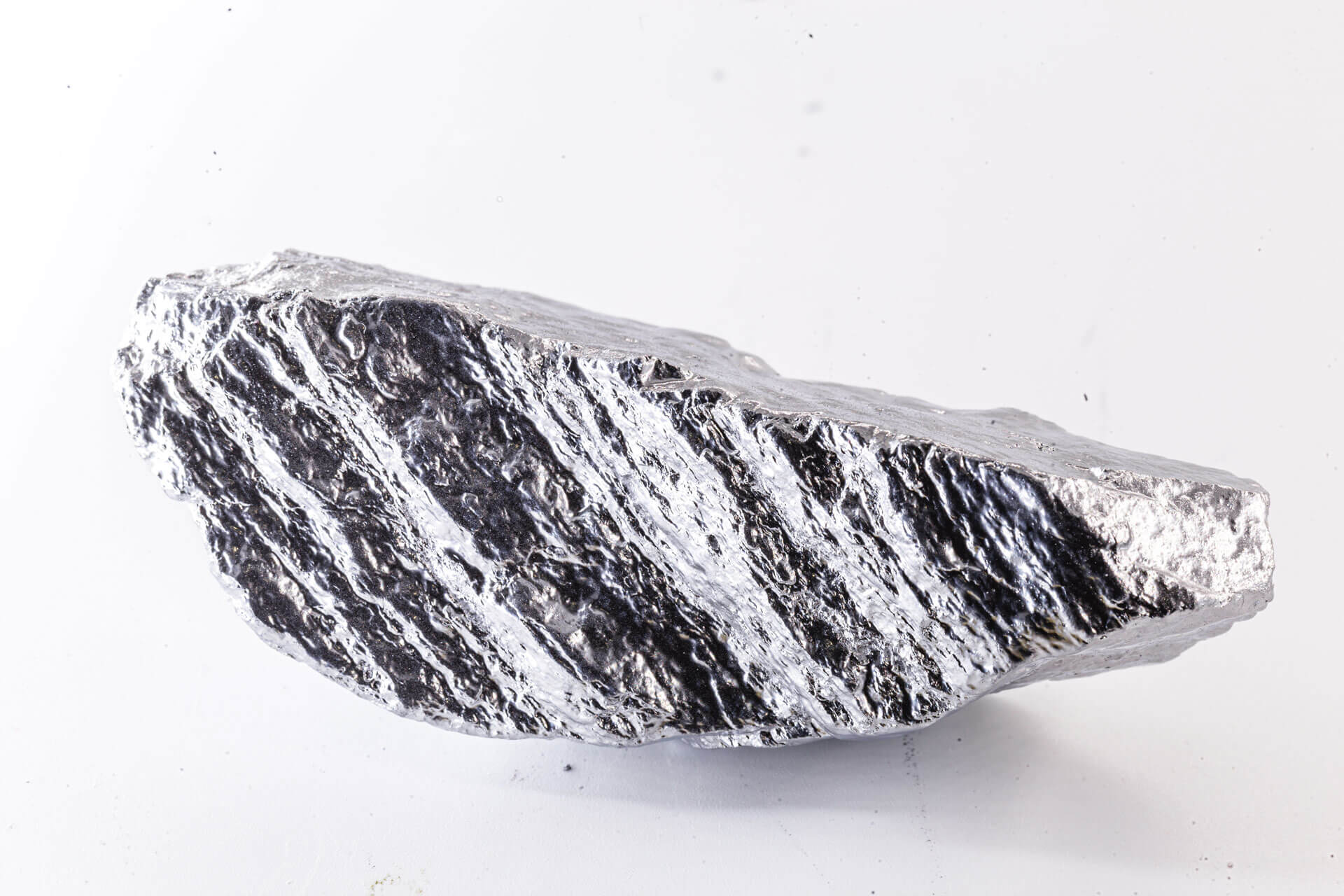SMM reported on December 4 that as the year-end approaches, the potential usage and direction of the 2025 production work plan report (RKAB) quotas in the Indonesian market have garnered widespread attention. The following is an in-depth analysis of the current market possibilities and directions for the development of the Indonesian nickel ore industry:
Dual Challenges of Policy Evaluation and Quota Management
The Indonesian Ministry of Energy and Mineral Resources may ensure miners' compliance with mine environmental regulations and management rules through reassessment. This initiative aims to strengthen the supervision of RKAB quota usage to promote sustainable resource utilization. For the upcoming new year, the market speculates that the government may further refine the current RKAB evaluation methods. Although the launch of the SIMBARA system has been actively promoted, the industry has high hopes for it as the core tool for next year's quota usage application process. However, the administrative cycle from application to approval may still cause delays in market supply in Q1 2024.
Quota Usage Efficiency and Climate Factors
As of the end of December, some miners have not met their expected actual mining and sales due to weather or other uncontrollable factors, resulting in some RKAB quotas possibly not being used within the year. In such cases, their quota and temporary quota applications for the next year may be affected. This suggests that miners need to pay more attention to the flexibility of production plans to cope with the impact of uncontrollable variables.
International Market Dynamics and Supply-Side Pressure
The market is also concerned about the dynamics of nickel ore supply from the Philippines to the Indonesian market. Although the amount of nickel ore flowing from the Philippines to Indonesia in 2023 set a historical record, the market remains skeptical about whether such supply levels can be sustained next year. This uncertainty poses a potential challenge to the supply-demand balance of imported nickel ore, providing market participants with an opportunity to consider the degree of dependence on international imports.
Conclusion: Market Outlook Under Multiple Variables
Overall, the Indonesian nickel ore market is facing multiple variables, including policy adjustments, production execution, and international supply. Miners need to flexibly respond to upcoming policy changes and pay attention to external supply and demand trends to adjust business strategies in a timely manner to ensure market competitiveness. Looking ahead, achieving sustainable growth amid dynamic changes will be a key issue that the Indonesian nickel ore industry urgently needs to address.




